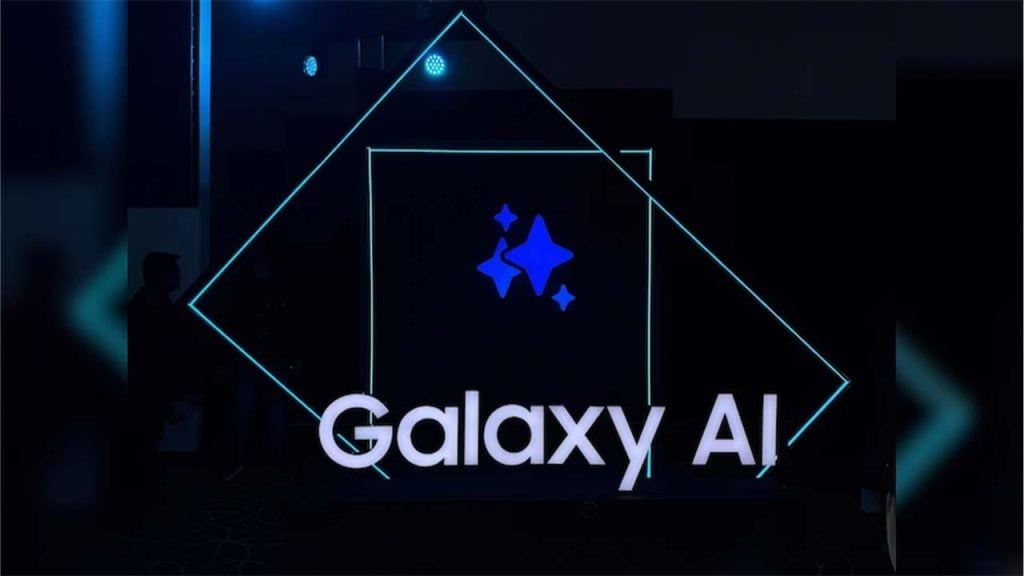A new lawsuit has accused Valve of abusing Steam's market power to prevent price competition.
The Hollywood Reporter said that five gamers filed an antitrust class action in California that alleges Valve requires developers and publishers enter into a "Most Favoured Nation" clause.
Eurogamer Next-Gen News Cast - Should Sony issue refunds for Control on PS5?
A Most Favoured Nation clause is a retail parity clause in which a supplier agrees to treat a particular customer no worse than all other customers. MFNs are under increased scrutiny from authorities across the world, including the European Commission.
The lawsuit alleges a developer or publisher must agree the price of a PC game on Steam will be the same price as on other PC platforms. Essentially, the lawsuit claims Steam does not allow developers to price their games lower on other platforms.
The suit, submitted by American law firm Vorys, Sater, Seymour and Pease LLP, says Valve's MFN clause keeps prices of PC games high on other platforms, such as the Epic Games Store and the Microsoft Store.
"The Steam MFN also hinders innovation by creating an artificial barrier to entry for platforms," reads the complaint.
"When a market, such as this one, is highly concentrated, a new entrant can benefit consumers by undercutting the incumbent's prices. The ability to provide PC games to consumers at lower prices is one way a firm or new entrant could gain market share. If this market functioned properly - that is, if the Steam MFN did not exist and platforms were able to compete on price - platforms competing with Steam would be able to provide the same (or higher) margins to game developers while simultaneously providing lower prices to consumers."
The lawsuit uses tweets from Epic boss Tim Sweeney to back up its case. In a January 2019 tweet, Sweeney said Steam "has veto power over prices".
Steam has veto power over prices, so if a multi-store developer wishes to sell their game for a lower price on the Epic Games store than Steam, then:
— Tim Sweeney (@TimSweeneyEpic) January 30, 2019
1) Valve can simply say ?no?
2) Pricing disparity would likely anger Steam users, leading to review bombing, etc
Then, in a February tweet, Sweeney added:
"If the dominant store has a price parity clause, and takes a much higher revenue share than competitors, then the only way for creators to pass savings on to gamers is by avoiding the dominant store.
"That's what this is ultimately about!"
Curiously, the lawsuit includes a raft of publishers as co-defendants: CD Projekt, Ubisoft, kChamp Games (the one-man indie developer behind ShellShock Live), Rust, LLC (the Los Angeles developer behind Hot Dogs, Horseshoes & Hand Grenades), and Devolver Digital. The lawsuit alleges these companies agreed to the Steam MFN.
But why include only these publishers and developers and not the many others who release games on Steam? Why single out two indie developers in this case?
The suit alleges that if Steam MFN did not exist and platforms were able to compete on price, then platforms competing with Steam would be able to provide the same (or higher) margins to game developers while simultaneously providing lower prices to consumers. But does this play out in reality?
Ubisoft ditched Steam a while back to launch its PC games on the Epic Games Store. On Epic's platform, Assassin's Creed Valhalla costs £49.99. That's the same price as Assassin's Creed Odyssey costs on Steam. Despite the increased revenue share afforded to publishers and developers on the Epic Games Store and the fact Assassin's Creed Valhalla is not on Steam, it doesn't look like any saving has been passed on to customers.
And what about this Steam MVN upon which the lawsuit is based? According to the pricing section of Steamworks' documentation, developers and publishers are responsible for setting and managing pricing for their products. However, the blurb confirms Valve will review initial pricing and proposed pricing adjustments (sales).
"Initial pricing as well as proposed pricing adjustments will be reviewed by Valve and are usually processed within one or two business days," reads the documentation.
"We recommend pricing strategies based on our experience and we may suggest prices based on currency conversions and other factors."

Does this amount to an MVN clause? Tim Sweeney seems to think so. In a February 2019 tweet, the Epic boss said the "reviewed by Valve" line "shows developers don't have autonomy to set prices for games".
There is a clearer stipulation in the Steam keys section of the Steamworks documentation that reveals Valve expects price parity on Steam keys, specifically:
"Please note that Steam keys cannot be sold on other sites unless the product is also available for purchase on Steam at no higher a price than is offered on any other service or website."
What's going on here, then? Back in February 2019, Epic's Tim Sweeney tweeted to suggest private agreements between Steam and developers is not usually known.
"The situation with price parity expectations on Steam is not transparent," Sweeney said. "Valve's public docs say temporary sales elsewhere are fine but they expect overall price parity on Steam keys. What each private Steam agreement with developers require is not generally know."
Then, later from Sweeney on Twitter:
"We have been told by multiple developers that Valve has approval over price and that long-term price parity (excluding temporary sales) is expected. We are researching further. Because these agreements are private, any Valve clarification would be helpful."
Valve is yet to comment on the lawsuit. Devolver has shrugged it off.
We started Rust Inc. to quietly steal Rust away from you.
— Devolver Digital (@devolverdigital) January 29, 2021
The lawsuit wants a ruling that Steam's supposed MFN clause "is anticompetitive and constitutes illegal monopolisation and monopoly maintenance", an injunction, damages and legal costs.
Article From & Read More ( Lawsuit accuses Valve of abusing Steam market power to prevent price competition - Eurogamer.net )https://ift.tt/39y1mgA
Technology

No comments:
Post a Comment